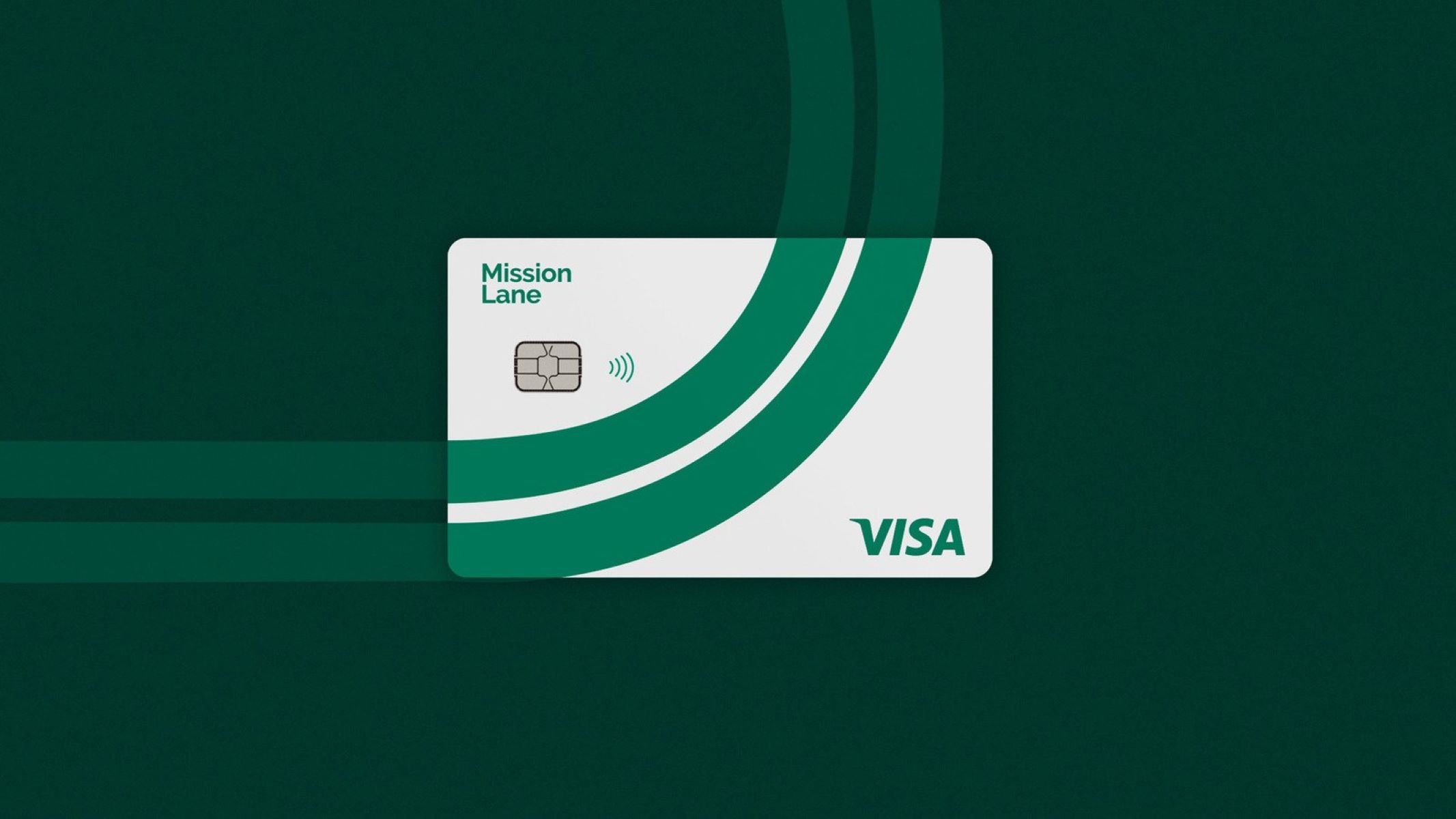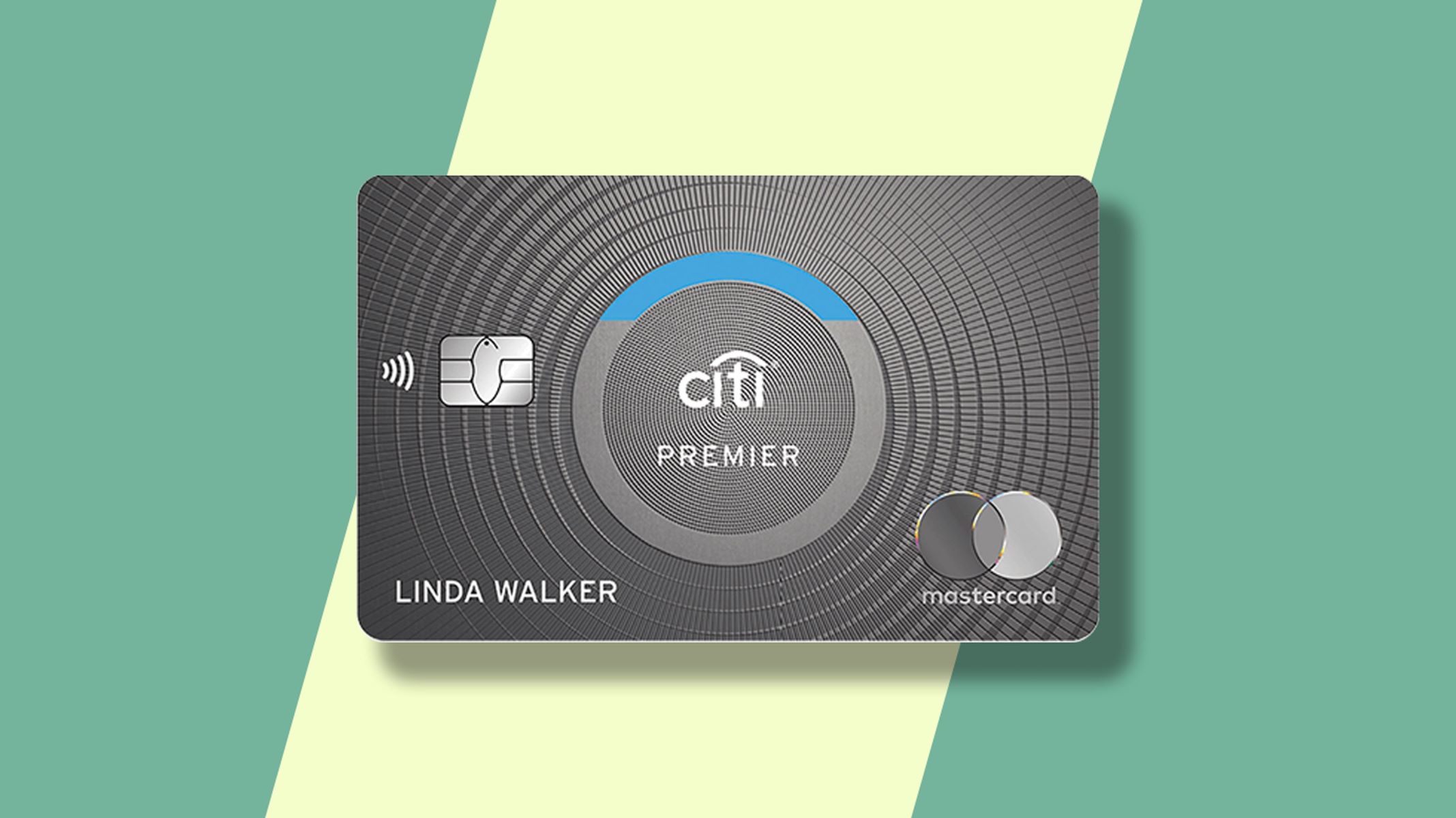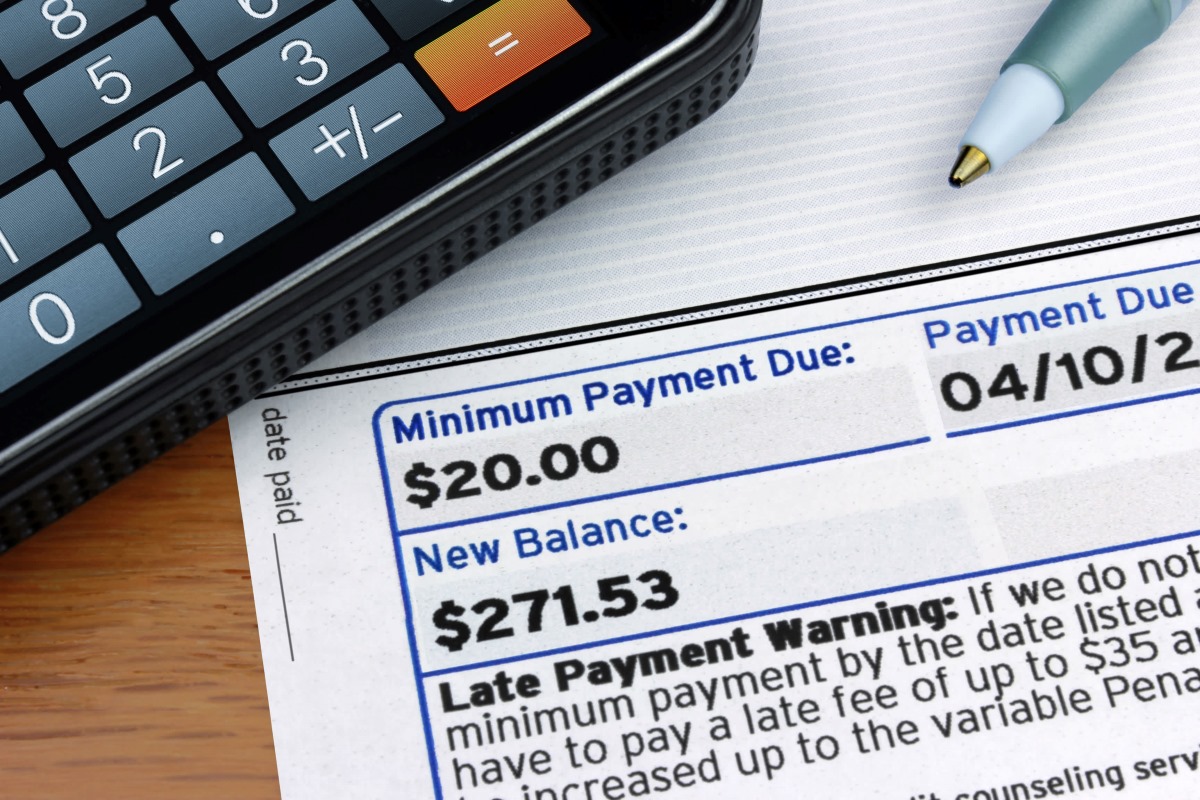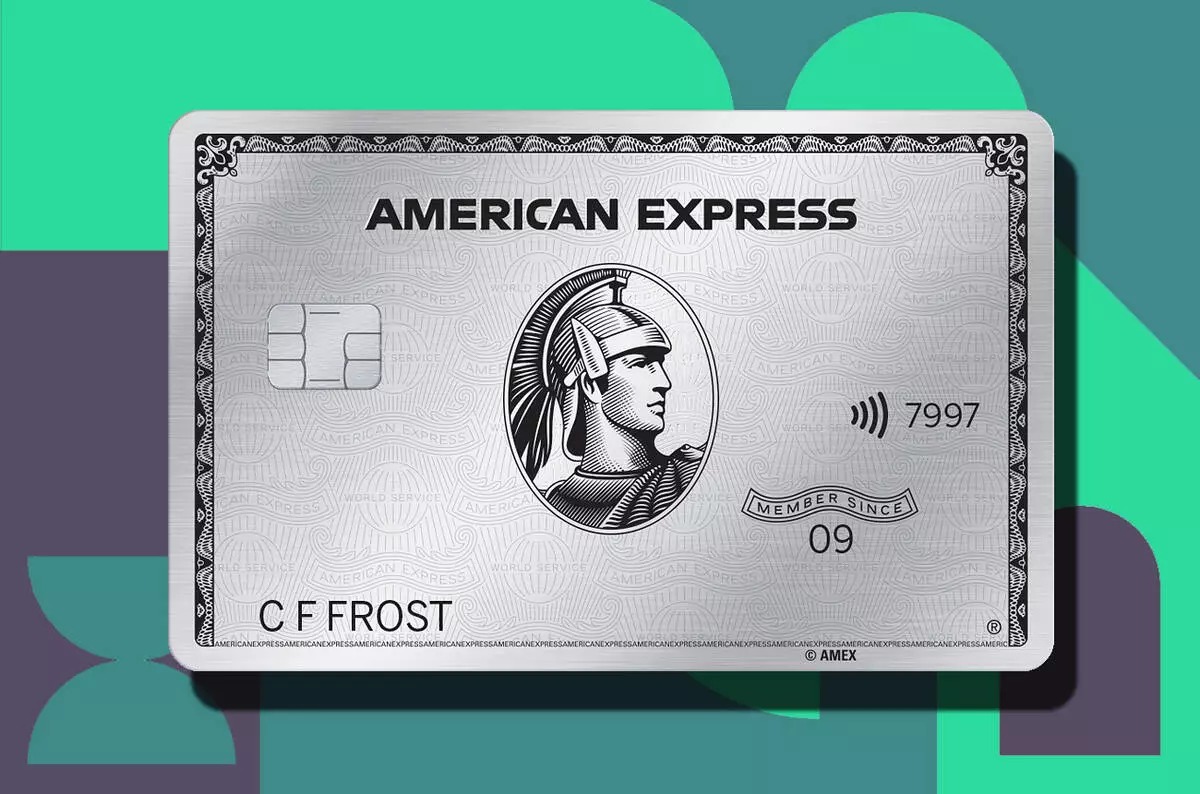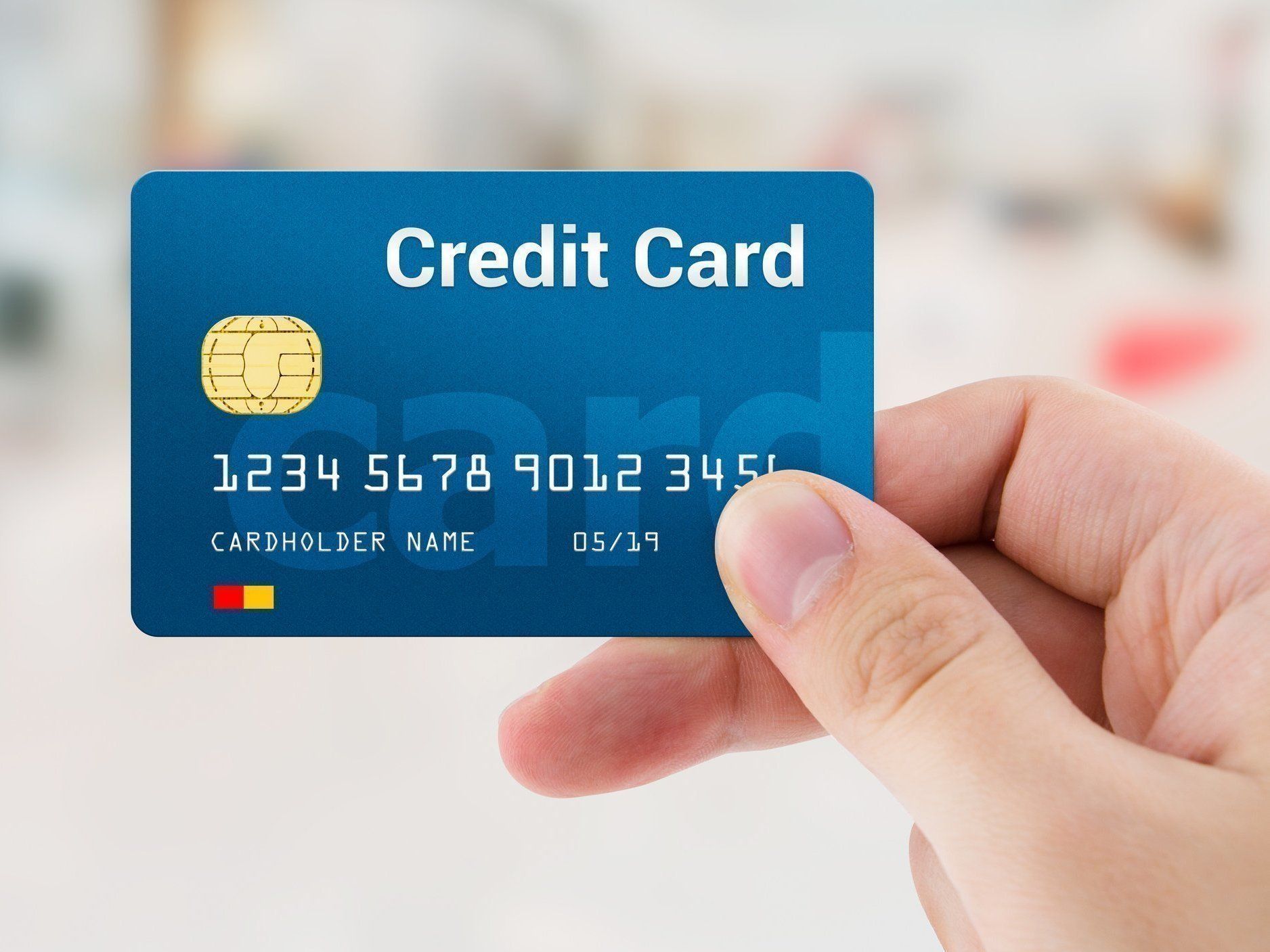

Finance
What If You Don’t Activate Credit Card
Published: October 27, 2023
Discover what happens if you fail to activate your credit card and how it can affect your financial situation. Learn the importance of activating your card to ensure smooth transactions and avoid potential problems.
(Many of the links in this article redirect to a specific reviewed product. Your purchase of these products through affiliate links helps to generate commission for LiveWell, at no extra cost. Learn more)
Table of Contents
Introduction
When you receive a new credit card in the mail, it typically comes with instructions to activate it before you can start using it. However, you may wonder what would happen if you choose not to activate your credit card. Is it really necessary to go through the activation process? This article will explore the implications of not activating your credit card and provide insights into the potential risks and alternatives available.
Activating a credit card is a common practice designed to ensure the security of your account and to authorize you as the rightful cardholder. Typically, activation involves calling a phone number or visiting the card issuer’s website to verify your identity and confirm receipt of the card. It may seem like an inconvenience, especially if you already have other credit cards, but it is an important step that should not be overlooked.
Before we delve further into the reasons for not activating your credit card, it’s important to understand that each card issuer may have specific activation procedures and policies. Make sure to review the information provided with your card or contact the issuer directly for accurate guidance.
Reasons for not activating your credit card
While activating your credit card is typically the recommended course of action, there may be valid reasons why you might choose not to activate it. Here are a few common scenarios:
- Limited need for credit: If you already have sufficient credit cards or are striving to minimize your credit utilization, you may decide that activating a new credit card would only add unnecessary temptation or potential debt.
- Fraud concerns: In some cases, individuals may receive credit cards they did not apply for or suspect fraudulent activity. In such situations, it is recommended to contact the card issuer immediately to report the issue and explore your options.
- Unfavorable terms or fees: Upon receiving your credit card, you may discover unfavorable terms or unexpected fees that make you reconsider activating the card. In such cases, it is crucial to carefully review the terms and conditions before making a decision.
- Lack of need for additional credit: Perhaps you have recently paid off debts or achieved a stable financial situation with no immediate need for additional credit. In this scenario, you may choose to forgo activating a new credit card.
These are just a few examples, and everyone’s individual circumstances will vary. It is essential to carefully evaluate your financial goals and situation before deciding whether or not to activate your credit card.
Consequences of not activating your credit card
While not activating your credit card may seem like a simple choice, it is important to understand the potential consequences that come with it. Here are some of the possible repercussions:
- Limited usability: Without activating your credit card, you won’t be able to make purchases or enjoy the benefits that come with using the card. This can be especially inconvenient if you’re relying on the card for specific expenses or rewards.
- No credit building: One of the primary purposes of a credit card is to build a positive credit history. By not activating your card, you miss out on the opportunity to establish or improve your credit score. This can impact your ability to qualify for loans or other credit products in the future.
- Delayed emergency funds: Credit cards can be a valuable resource in times of financial crunch or emergencies. By choosing not to activate your card, you limit your access to these funds, potentially leaving you vulnerable in unexpected situations.
- Missed rewards and benefits: Many credit cards come with reward programs, cashback offers, or travel perks. By not activating your card, you forfeit the chance to earn rewards or take advantage of these benefits, which can add value to your financial strategy.
- Missed fraud protection: Credit cards often come with robust fraud protection measures, including zero-liability policies. By not activating your card, you may miss out on these safeguards, increasing your vulnerability to fraudulent activity.
- Difficulty resolving disputes: In the event of a billing error or transaction dispute, activating your card grants you access to the issuer’s customer support and dispute resolution services. Without activating, you may encounter challenges when trying to resolve such issues.
It’s important to remember that the specific consequences will vary depending on the card issuer and the terms outlined in your card agreement. If you have concerns about any potential negative impacts, consider reaching out to the card issuer for more information and to explore possible alternatives.
Potential risks of activating a credit card
While activating a credit card is typically a necessary step for cardholders, it’s important to be aware of the potential risks associated with this process. Here are some factors to consider:
- Identity theft: Activating a credit card requires verifying your personal information, which can make you vulnerable to identity theft if you are not careful. It is crucial to ensure that you are providing this information on a secure platform and that you are aware of the legitimacy of the card issuer.
- Fraudulent charges: Once your credit card is activated, it can be used for transactions. Although card issuers have fraud protection measures in place, there is always a risk of fraudulent charges if your card information falls into the wrong hands. It is essential to monitor your account regularly for any unauthorized activity.
- Debt accumulation: Activating a credit card provides you with access to a line of credit, which can tempt some individuals to overspend and accumulate debt. It’s crucial to exercise responsible spending habits and only charge what you can afford to pay off in a timely manner.
- Interest charges: Using a credit card entails potential interest charges if you carry a balance from month to month. If you activate a credit card without being mindful of the interest rates and terms, you may end up with unexpected interest charges that can impact your financial well-being.
- Credit score impact: Any activity on your credit card, including activation, affects your credit history and credit score. If you activate a credit card irresponsibly or fail to make on-time payments, it can harm your creditworthiness and make it more challenging to obtain favorable loans or credit in the future.
- Misuse of personal information: In some cases, activating a credit card might require sharing additional personal information, such as your social security number or date of birth. It is crucial to be cautious about who you provide this information to and to only share it with trusted entities.
While these risks exist, it’s important to remember that millions of people safely activate and use credit cards every day. By being vigilant, staying informed, and practicing responsible financial habits, you can reduce the likelihood of encountering these risks and enjoy the benefits of your credit card.
Alternatives to activating your credit card
If you have reservations about activating your credit card or simply prefer not to activate it, there are a few alternatives you can consider:
- Deactivation or cancellation: Contacting the card issuer to request deactivation or cancellation of the card is one option. Keep in mind that this may impact your credit score, so carefully weigh the pros and cons before taking this step.
- Opting for a different card: If you’re unsatisfied with the terms or benefits of the card, you could explore other credit card options. Research different cards available in the market, comparing their features, rewards programs, fees, and interest rates to find one that better suits your needs.
- Secured credit cards: Instead of activating a traditional credit card, you could consider applying for a secured credit card. These cards require a deposit as collateral, usually equal to your credit limit, making them a safer option for those with minimal credit history or concerns about overspending.
- Prepaid cards: Prepaid cards are another alternative to traditional credit cards. With a prepaid card, you load funds onto the card in advance, and your spending is limited to the amount loaded. This can help control your expenses and eliminate the need for credit activation.
- Exploring other payment options: Depending on your circumstances, you may find that alternative payment methods, such as debit cards, online payment platforms, or mobile wallets, meet your financial needs without the need for a traditional credit card.
It’s important to carefully evaluate these alternatives and consider your unique financial situation before making a decision. Each option comes with its own pros and cons, so take the time to research and understand the implications before proceeding.
Conclusion
Deciding whether or not to activate a credit card is a personal choice that depends on various factors and individual circumstances. While activating a credit card is typically the recommended course of action, there may be valid reasons for not doing so.
By not activating your credit card, you may avoid the potential risks associated with using credit and accumulating debt. However, you also miss out on the benefits and convenience that come with having an active credit card.
Before making a decision, it’s crucial to carefully evaluate your financial goals, needs, and concerns. Consider the potential consequences of not activating your credit card, such as limited usability, missed credit-building opportunities, and the potential for delayed emergency funds.
If you choose not to activate your credit card, alternatives such as deactivation, opting for a different card, or exploring other payment options may be worth considering.
Ultimately, it’s essential to make an informed decision that aligns with your financial situation and goals. Remember to review the terms and conditions of your credit card agreement, and if you have any doubts or questions, reach out to the card issuer for clarification and guidance.
Regardless of your decision, maintaining responsible financial habits and being mindful of your spending and credit utilization are key to managing your finances effectively and building a strong financial future.



